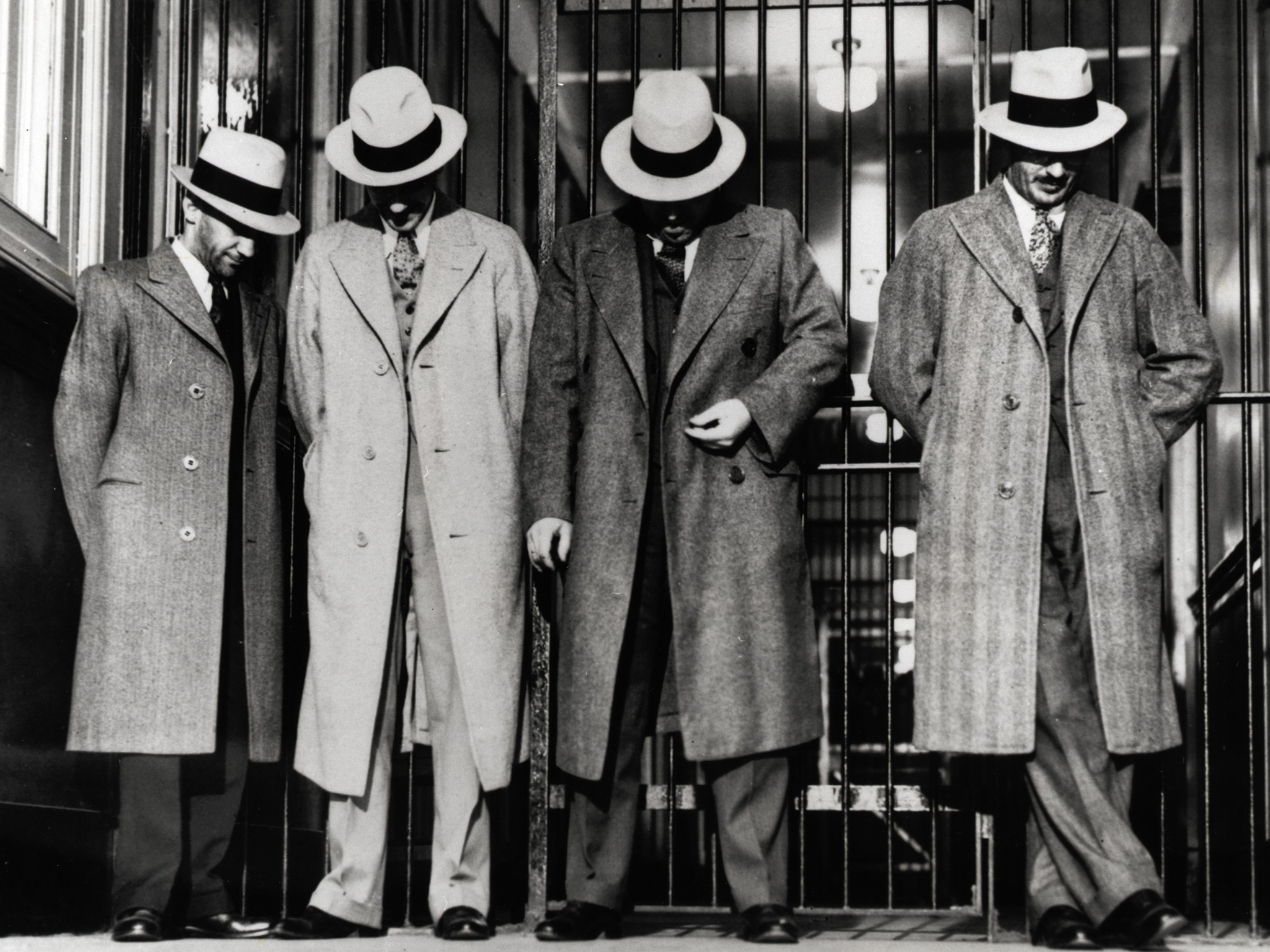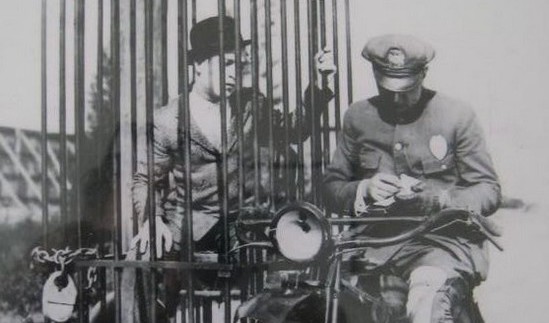Why put more police on the streets when we can turn all of America into a police state? We can all do time together. Build walls, create ethnic registries, neutralize any part of the press that might raise a hackle about our new demagogic abnormal. Make the whole thing a prison, especially for the non-white among us. That seems to be the mentality of the moment.
If we survive this stupid, scary era and someday find our better angels, prison reform, a surprisingly bipartisan topic, needs to be taken seriously, with mentally ill people placed in proper facilities rather than warehoused behind bars, and drug use decriminalized even if it’s not fully legalized. Whether or not the U.S. takes this necessary leap, other nations surely will.
John Surico’s smart Vice article “What Will the Future of Incarceration Look Like?” explores the noble, common-sense fixes proposed by the “Reimagining Prison” initiative. An excerpt:
Mentally-ill inmates not only take up a good chunk of who’s behind bars in this country, but also provide serious challenges when it comes to staff unequipped for the challenge
The outgoing sheriff Michael J. Ashe Jr., who oversees the county jail in Hampden County, in Massachusetts, is considered to be a pioneer in this field—someone who witnessed massive incarceration growth throughout his time there, since he started in 1974. He reacted with measures that are just now becoming the mainstream, like stress rehabilitation, college-level classes, and required hours of rehabilitation, or vocational training.
“As state hospitals continue to close—and even though we still have some of the best mental health hospitals in the world—the last place these individuals need to be is in a correctional facility,” Ashe told the room. “So I really feel these things will need to be addressed in the years ahead.”
For guidance on what is, perhaps, the best way to punish, Baz Dreisinger traveled around the world to see, and maybe even learn from, how other countries treat their prison populations. Her journey resulted in a book, Incarcerated Nations, which sheds light on the philosophy behind American incarceration and how it stands apart globally.
In Singapore, Dreisinger, who teaches at John Jay College of Criminal Justice in New York, said there’s an ad campaign aimed at hiring formerly incarcerated individuals, sort of like a “ban-the-box” promotional. In Norway, she added, one of the prisons actually seems more like a cattle farm, with open space and no bars. And in South Africa, she attended a restorative justice seminar in a prison that is considered to be one of its nastiest.
“The future of incarceration is to not be called incarceration,” she told me after the panel. “I think what I wanted to emphasize is that it’s about reenvisioning and reimagining justice.”
“So for me, the future has little to do with prisons—the word ‘incarceration’ itself, and the space we’re standing in,” she continued. “So I envision a system that is grounded in community courts, reparative systems, truth and reconciliation commissions, and ‘facilities,’ insofar as absolutely necessary, which is always involving a really small number of people.”•
Tags: John Surico



